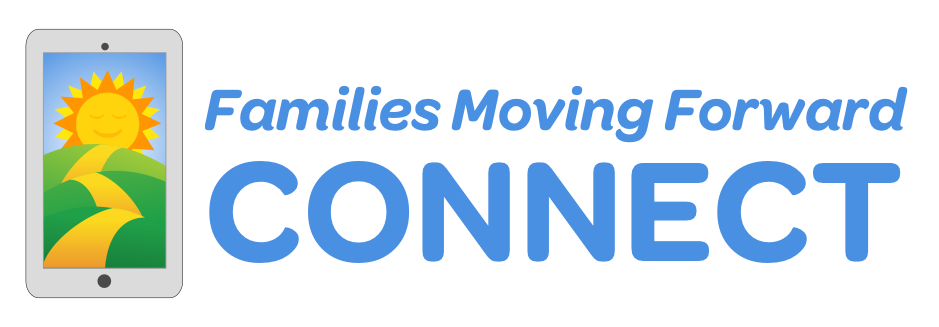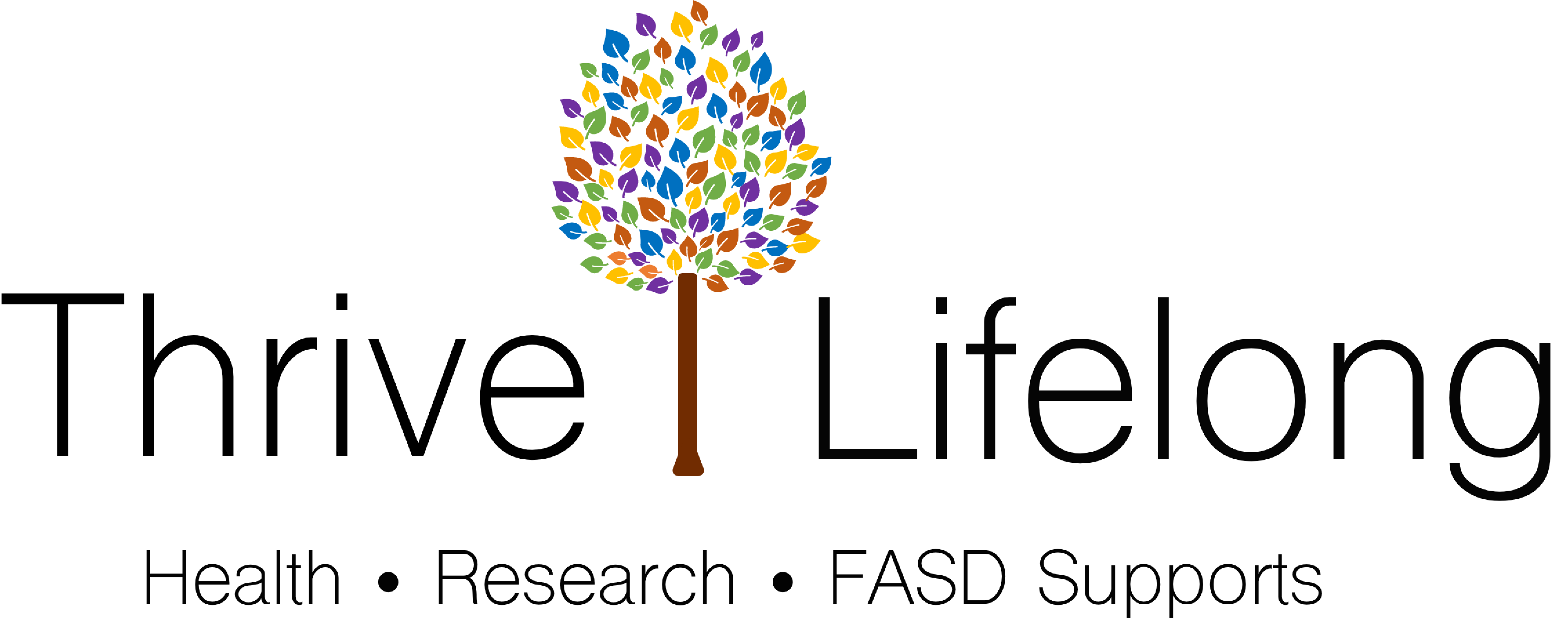Newsletter - January 2022

Tip of the Month
One parent said: “The only consistent thing about my child with FASD is the inconsistency!” Remember: inconsistency in learning and behavior is often due to brain-based disabilities, not effort. Try to reframe and think differently! Reframing is practical. It does not mean you are making excuses for your child. Reframing is understanding your child's problem behavior is partly "brain-based." Then you can respond in a way that better fits your child's needs and abilities.
Be patient with yourself when learning reframing. Changing the way you think takes time and practice. Sometimes you will have automatic, "usual way" thoughts and responses to your child's behavior. These are chances to learn!
The FASD Collaborative Project

The FASD Collaborative Project is an international project that was created in late 2020. The main purpose for this project is to provide effective support and training options about FASD. Currently, 30 FASD organizations from all over the world are contributing for the 2021-2022 academic year!
There are 21 online FASD support and information sharing groups for caregivers and families. Most of them are free and they are all open to new members. You can check out more information about support groups at https://www.fasdcollaborative.com/support.
The collaborative is offering 39 free webinars on FASD topics from September 2021 through August 2022! Most of them are being recorded and are available online for later viewing. For more information, please go to https://www.fasdcollaborative.com/21-22webinars.
FMF Connect Enrollment

Participants needed for a Randomized Control Trial (RCT) for FMF Connect!
Are you a parent or caregiver of a child aged 3-12 with Fetal Alcohol Spectrum Disorder (FASD) or Prenatal Alcohol Exposure (PAE)? You may be eligible for this study!
FMF Connect is an app designed to help parents and caregivers of children with FASD or PAE by providing useful information to manage their children’s condition and gain peer support.
FMF Connect is looking to enroll caregivers in the United States who have an iOS device (iPhone or iPad). This study includes completing surveys and testing out the app on your time! Monetary compensation is available for participants.
Please email fmfconnect@urmc.rochester.edu if you have any questions.
My Health Coach Enrollment

Adults needed for Fetal Alcohol Spectrum Disorder (FASD) mobile health app research!
Are you 18 years or older and been diagnosed with FASD or known prenatal alcohol exposure? You may qualify for this study!
University of Rochester’s researchers are partnering with the Adult Leadership Committee of the FASD Changemakers to develop a new app for adults with FASD. This app hopes to provide resources, tools, and information to improve physical health and quality of life for adults with FASD or known prenatal alcohol exposure.
Participate in a focus group to provide feedback on initial app development and receive monetary compensation.
Please email Emily_Speybroek@urmc.rochester.edu if you have any questions.
Research Corner

Initial Feasibility of the “Families Moving Forward Connect” Mobile Health Intervention for Caregivers of Children With Fetal Alcohol Spectrum Disorders: Mixed Method Evaluation Within a Systematic User-Centered Design Approach
Families Moving Forward Connect (FMF Connect), is an app designed to help parents and caregivers of children with fetal alcohol spectrum disorders (FASD). Development of the app started in 2017. In 2019, researchers at the University of Rochester and Seattle Children’s Research Institute / University of Washington conducted two rounds of beta-testing on early prototypes of the FMF Connect app. They tested how well the app worked from a technological standpoint and what users thought about the app.
The FMF Connect app has 5 main components: Learning Modules, Family Forum, Library, Notebook, and Dashboard. There were 63 participants (45 caregivers and 18 providers) across the two beta-testing trials. These participants tested out the app in the context of their everyday lives and at their own pace for 6 weeks. After this testing period, participants were invited to complete an interview with a member of the research team about their experience using the app and suggestions for future development. These interviews were then transcribed and systematically coded for data analysis.
The results show that the FMF Connect app was feasible and acceptable to users. The app usage time differed among participants, but overall, they spent most of their time watching the videos in the Learning Modules. The app users were generally positive with the app, and they especially valued the information and content of the app. They also provided suggestions on how to improve the app. Click here to read the original study.
Results from this study has been very helpful for the research team as they have continued to develop and improve the app. A larger feasibility trial was completed in 2020-21, which will be published later this year.
If you have a child between the ages of 3 to 12 and have an iPhone or iPad you could participate in our next study, which is a large scale randomized controlled trial of the FMF Connect app (see details earlier in this newsletter). We also encourage people to spread the word to others who might be interested.
New Year’s Resolutions Tips

January is always an exciting time to set goals for the new year! Whether it’s starting something new or plans to continue a good habit, the new year can give all of us a new breath and a fresh start. The concept of “SMART” goals, introduced by George T. Doran, makes goal setting a bit easier. Try it out!
Make your goal/resolution:
-
Specific
We should try to narrow down our goals and be as specific as possible. For example, instead of “I want to do more self care,” a more specific alternative would be “I want to do self care at least once a week.” Being more specific helps us identify our goal, and know what to work for! -
Measurable
Having a measurable goal is also important! It will help us track our progress and keep us motivated! For example, if you want to read more, a measurable goal could be “I want to read one book a month”. -
Attainable
We all want to achieve something big, but it’s important to keep in mind that an over-ambitious goal is highly likely to fail. So instead of reading one book every month, let’s try half of a book first! Don’t forget to reward ourselves after achieving the first milestone! -
Relevant
Our new year resolutions should be relevant to our lives and our values. If your goal is to read more and find new books, but books are expensive at stores, you can go to your local library to rent for free, loan books virtually, or find a free audio recording of the book to listen to while you do other things. Remember, audio books still count if they bring you joy! -
Time-bound
Setting up a deadline is helpful to keep us motivated. It will also help us make a more realistic plan to achieve the goal. For example, if your goal is to read 6 books this year, set the goal of reading half a book each month. This makes your goal feel more achievable! It can be hard to find the time, so pay attention of when you normally have some time and schedule in self care.
A SMART goal is Specific, Measurable, Attainable, Relevant and Time-bound. Are you ready to make your SMART new year resolutions? And remember, everyone fumbles a little on their resolutions. It’s not about doing it perfectly a couple of times, but imperfectly consistently!
